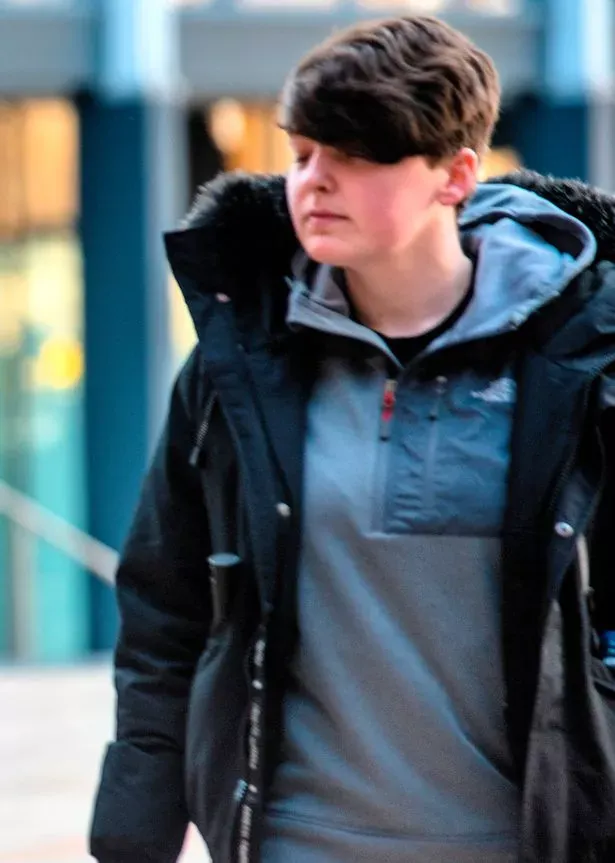Chelsea Russell, a 19-year-old teenager from Liverpool, gained attention after being arrested and charged with conveying a very insulting message on her Instagram account. The arrest stemmed from her dedication to Snap Dogg’s song “I’m Trippin’,” which contained the N-word, as a tribute to her friend who tragically lost his life in a car accident. This article provides an overview of the arrest, the charges faced by Chelsea Russell, and the subsequent legal proceedings.
This Article Include
Why Was Chelsea Russell Arrested?
Chelsea Russell, a 19-year-old teenager from Liverpool, faced charges after posting rap lyrics on her Instagram account as a tribute to her friend Frankie Murphy, who passed away in a car accident. The songs included derogatory language, including the N-word. An anonymous screenshot of her post was reported to the Merseyside Police, leading to her arrest.

Chelsea Russell’s arrest came after anonymous screenshots of her Instagram update were reported to the Merseyside Police, who found the content offensive. The Liverpool Judicial Center and Sefton Magistrates’ Court deemed her post to convey a very insulting message. Chelsea Russell faced charges for posting harsh sentences in honour of Frankie Murphy on her Instagram account.
What Are Chelsea Russell’s Charges
According to sources, Chelsea Russell was placed on an eight-week, 8 a.m. to 8 p.m. curfew, given an ankle tag, and ordered to pay £500 costs and an £85 victim surcharge after being found guilty of sending a significantly offensive message or “extremely offensive” language to herself as a black woman and the general public.
Checkout Other Prison Release date Articles:
- When Will BMF Co-founder Big Meech Be Released From Prison?
- YNW Melly Release Date From Prison: When Can Fans Expect New Music From Him After His Release?
- Chito Ranas Release Date From Prison? Why Did He Go To Jail?
- Menendez Brothers Release Date From Prison? Details On Their Current Status From Documentary!
Legal Proceedings and Outcome
Fresherslive stated That Chelsea Russell defended herself during the court hearing by saying that the lyrics she posted were common in rap music. However, the court found her guilty of committing a hate crime due to the grossly insulting nature of the songs. As a result, she was given a community order instead of a fine.
However, it is important to note that Chelsea Russell ultimately won her legal conflict. After an appeal, her conviction was reversed, leading to a different outcome in her case. The article did not provide the exact details of the appeal and subsequent decision.
Conclusion
The arrest and subsequent legal proceedings against Chelsea Russell highlight the complexities surrounding freedom of expression and the boundaries of acceptable language on social media platforms. While the initial verdict found her guilty of a hate crime, her conviction was later overturned. The case serves as a reminder of the ongoing debates surrounding online speech and the need to carefully consider the context when evaluating potentially offensive content.
Ready for more latest news updates? Follow us on Facebook and stay connected!

